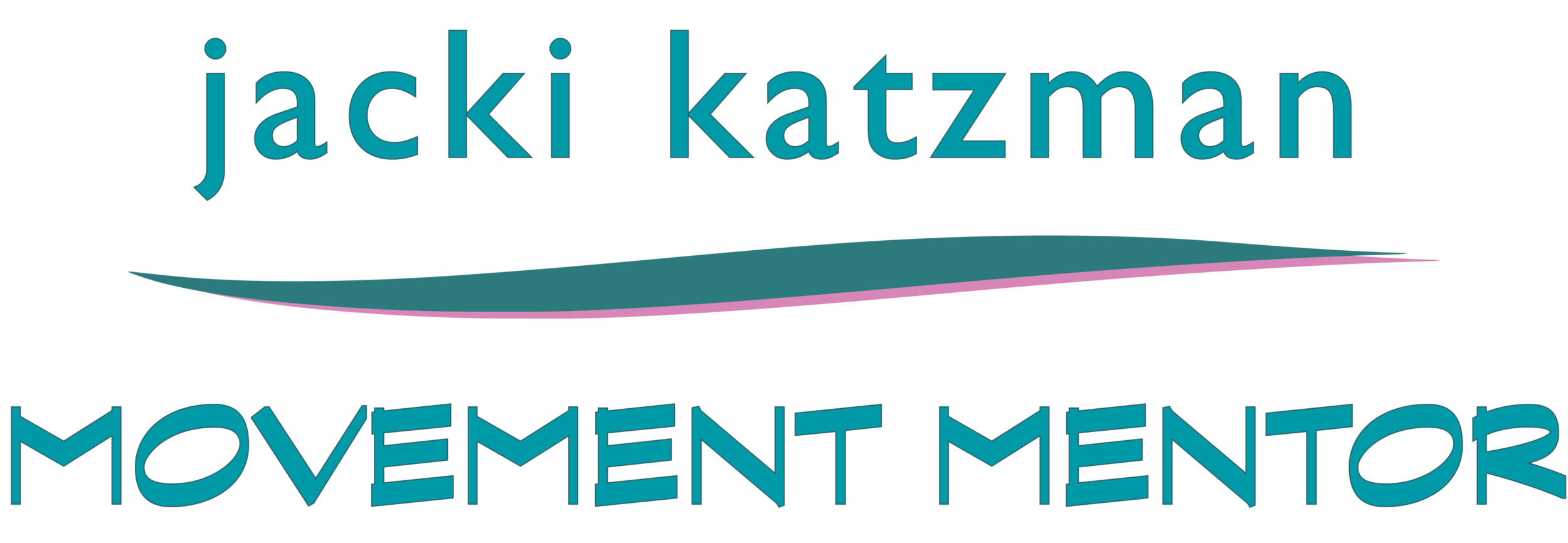Ezra Klein and Annie Murphy Paul Discuss Productivity, the Theories of Mind and Creativity
Ezra Klein and Annie Murphy Paul Discuss Productivity, the Theories of Mind and Creativity
Excerpts from Ezra Klein's July 20 Podcast
Shortcut the hour-long interview. I've excerpted some of the most "Feldenkraisian" ideas from Ezra Klein’s podcast interview with Annie Murphy Paul.
Ms. Paul's perspectives mesh beautifully with the Feldenkrais approach to learning, growth and creativity. Her conversation with Ezra ranges from conceptualizations of the mind to redesigning our spaces to support, instead of hinder, individual and group creativity.
A few highlights of the highlights:
If I had more time, I would write a concise summary of the conversation. Alas. Here are a few key points excerpts from the transcript:
The computer metaphor for the brain has been dominant since the emergence of cognitive science in the middle of the last century, and it really permeates the way we think and talk about the brain, and it places these sort of invisible limits on how we use the brain, how we regard other people’s brains, and it’s because that metaphor is so faulty it leads us to act and to make choices in ways that are not at all optimal…. if the brain as muscle metaphor were really accurate, we would all be superheroes at this point, and we’re not.
{!}nteroception, [is] the perception of internal sensations that arise from within the body. And people who are more attuned to those internal signals and cues are better able to draw on that wealth of information that we know but we don’t know… You’ve had this experience before. Here’s how you responded. It worked or it didn’t work. Here’s what is the right thing to do now…. I would say that I think we need to become more skilled at determining when the body’s signals are steering us in the right direction.
A body scan, [which] is when you pay attention in succession to parts of your body in this open minded, nonjudgmental way. And I recommend that people do this periodically, not even in a formal way, but just sort of checking in with their body throughout the day so that they stay rooted in their body and they know what’s going on in their body and they get the sort of regular infusion of interoceptive awareness. (Jacki comments: The world catching up with Moshe}
[A]nother factor in our culture that we haven’t mentioned yet that reinforces that idea are ideas from popular psychology like grit and the growth mindset, both of which have at their core another metaphor… of brain as muscle.
And people start thinking that the brain actually is a muscle - which of course it isn’t.— that lead us to think, oh, if the brain’s a muscle, then the more I work it, the more tirelessly and exhaustively I work this muscle, the stronger it gets, and the better I’ll be able to think….
I compare the brain to a magpie, one of these birds that plucks a twig here and a piece of string here but also more unusual things. I mean, the catalog of things that magpies have incorporated into their nests is amazing, but the point is that they build their nests from whatever is available in their immediate environment and that the brain is something like that.
Illustration by The New York Times; photograph by Stephanie Anestis
if we think of the brain not as a workhorse but as an orchestra conductor, then we see the brain playing this role of bringing in this resource here and bringing in that resource now and knowing, in a skillful way, which resources to use and when.
We are these biological evolved creatures who are meant to be moving. Being still is not necessarily our natural state, certainly not for long periods of time. And so when we have to be still in an office or in a classroom, we have to inhibit our natural urge to move. And that uses up some of the mental bandwidth that could otherwise be applied to our learning or our work.
Ezra and Annie also cover looping, the apparently inefficient process of returning to ideas, sharing, editing, revising and more to improve the final product.. Ezra confesses to fidgeting all the time, which Annie says is healthy and normal. In fact, she sees the opportunity to develop fidgeting toys to improve creativity thinking and group productivity. They discuss the pros and cons of open offices, the limitations imposed by digital tools, and our human need to cycle between isolation and focus and connection. How we think better in spaces that we feel are our own - a dis on office hoteling. Also, the value of off-loading - moving works in process into different media to gain new perspectives: for example printing a document to edit and share.
They also have an interesting back and forth about the value of living in nature, and the excitement of being in creative urban spaces. This leads to a discussion of social inequality in access to nature, individualism and ways of creating equitable access to the raw materials of intelligent thought.
Very worth listening to or reading.


